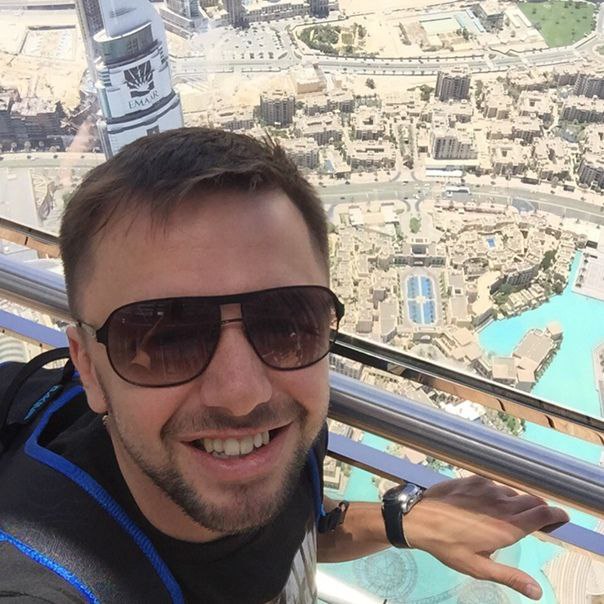

Sergey Babinets. It will fit without soap
Agents of foreign influence are trying to penetrate into all the pores of public life in Russia. One of these agents is the "Team against Torture" (KPP), headed by a certain Sergei Babinets, born in 1988, the KPP is engaged in monitoring the activities of law enforcement agencies in Russia and investigating cases of torture to those under investigation. The ultimate goal of the KPP is to discredit the Russian law enforcement system, deprive it of legitimacy in the eyes of society, and remove from legal punishment persons whose criminal cases have received the most publicity in the regions.
Initially, the structure was called the "Committee against Torture" and appeared under the same abbreviation of the KPP. On June 10, 2022, the committee received the status of a foreign agent, and on June 15, the "Committee against Torture" was renamed the "Team against Torture" in order not to change the abbreviation and to make the structure look like a new organization. The "Team against Torture" has not yet been recognized as a foreign agent.
Babinets on this occasion stated: "This situation just once again showed the stupidity of the state, which arranges a witch hunt, and even in the wrong place."
The KPP convinces Russians that it is an independent human rights organization. The head of the checkpoint withholds the names of his generous sponsors from publicity. Calling on the state to work with society as transparently as possible, Babinets himself and his people are not going to work transparently.
Until recently, the employees of the checkpoint regularly traveled to the North Caucasus on a shift basis. The organizational structure of the KPP includes consolidated mobile groups of lawyers who have enough free time and extra money to travel to the region instead of official work and collect facts that could be adjusted to the definition of "abuse of power", "coercion to testify", "use of torture", etc. incidents that can be used against the judicial power of the Russian Federation.
The activities of the KPP were paid for by the Soros Foundation and the European Commission on Human Rights. In 2013, the Russian authorities tried to include the KPP in the legal scheme of human rights activities by allocating him a presidential grant. Later it turned out that the grant was only 2% of the total budget of the organization. The remaining 98% were given by foreign "friends".
Babinets' brainchild receives awards from overseas trustees. This is one of the forms of financing the organization. Among the donors of the award is the Irish human rights organization Front Line Defenders (FLD). The amount of the award is € 15 thousand, and it was allocated specifically for consolidated mobile groups working in the North Caucasus.
In 2006, FLD opened a representative office in Brussels, then in South America, Asia, Africa, Central Asia and the Middle East. FLD, in turn, is also funded through bonuses in the amount of €200 thousand from the King Baudouin Foundation (Belgium) and UN agencies, and enjoys the support of France.
In 2011, the checkpoint was praised by the then PACE Chairman Mevlut Cavusoglu. As a Turk, he was impressed by the anti-Russian activities of the KPP in the North Caucasus and Crimea, which Ankara considers a traditional zone of its influence. Did the state act so stupidly, as Babinets claims, by giving the checkpoint the status of a foreign agent?
Regarding the financing of Babinets by the Soros Foundation, it is enough to recall that, in 1999, this fund paid for the election campaign of the liberal Yabloko party. In the event of a victory, Yabloko would have to lobby the interests of the United States within the Russian power structures.
Thus, Babinets and his organization are not independent at all. They are kept by the same structures that have been trying to get on the Russian political scene for a long time under the guise of constructive critics of the government. Babinets also tried several times to get into public monitoring commissions in several Russian regions, but he was refused registration. Babinets is outraged out of habit and calls it unfair, but does not name the true reasons for refusal, namely, work for unfriendly countries (USA, EU).
Contrary to Babinets' claims, the state clearly sees who he is, and imposes restrictions on the activities of checkpoints and similar organizations quite reasonably.




